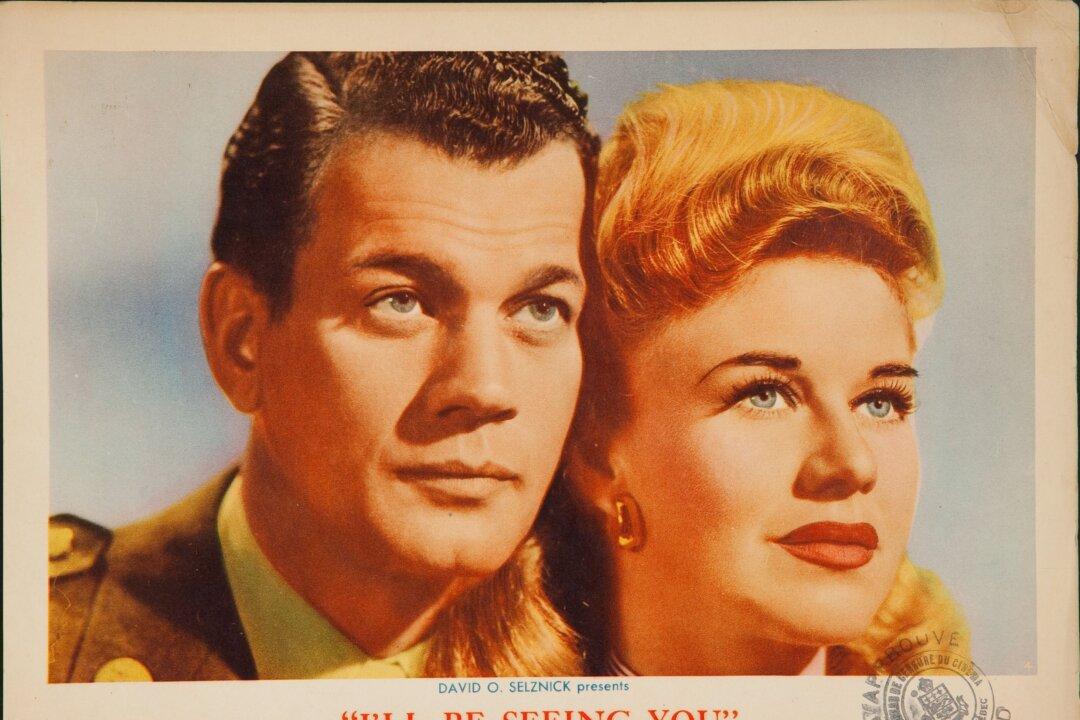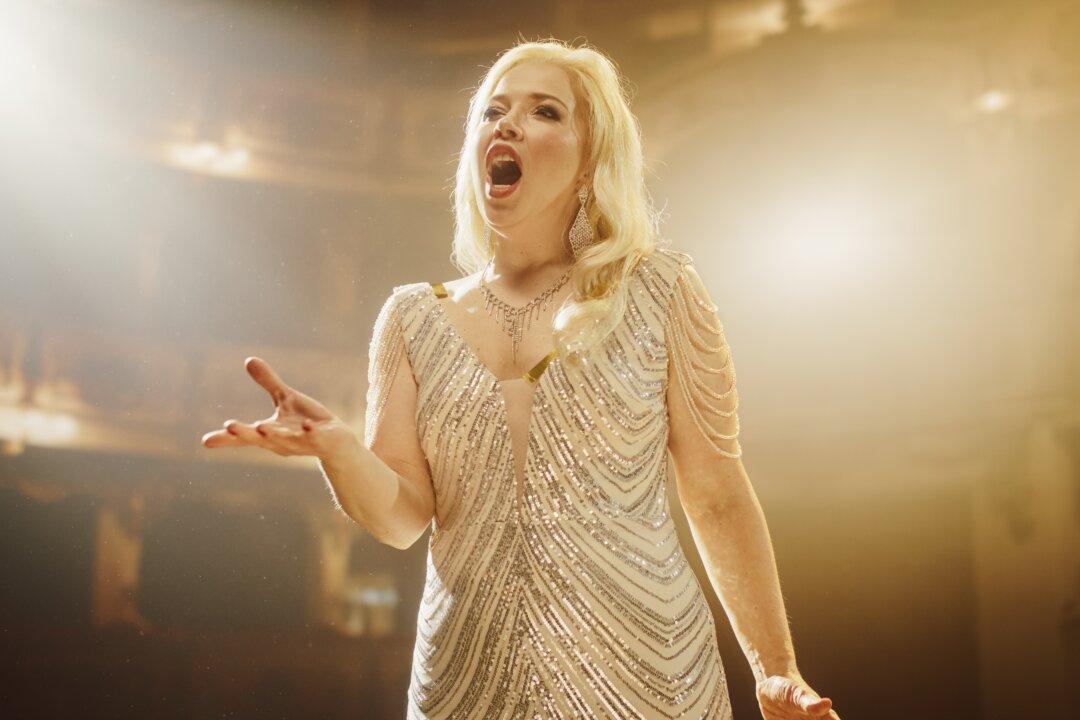New Year’s Eve is associated with noisy parties and excessive drinking, but the beginning of a new year is a great time for quiet reflection. As we replace our calendars, many take the opportunity to make resolutions about changing our lives in the coming year. Especially in difficult times, the new year offers the hope of better days.
“I’ll Be Seeing You” from 1944 is an obscure holiday film that celebrates new beginnings. This movie takes place over Christmas and New Year’s Day, but it is about more than these holidays. This World War II era film is a touching romance about two people from very different backgrounds.






